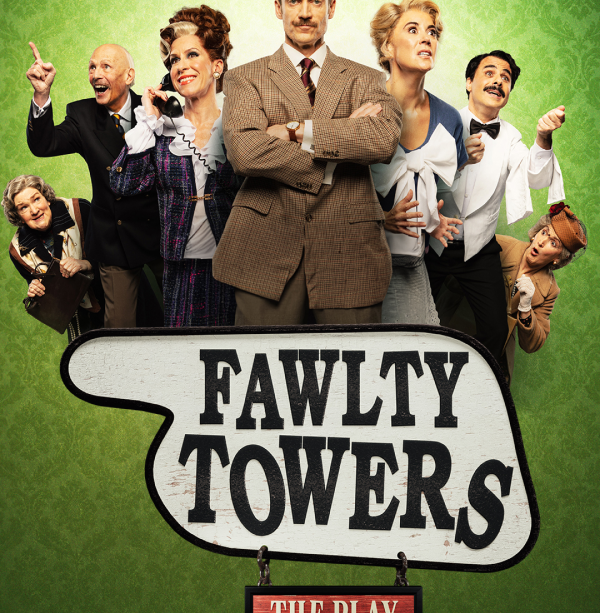The Timeless Appeal of the Fawlty Towers Play

Introduction
The Fawlty Towers play, based on the iconic British television sitcom, has recently garnered significant attention as it returns to the stage. Originally aired in the 1970s, Fawlty Towers has remained a cultural touchstone, known for its sharp wit, hilarious situations, and memorable characters, created by John Cleese and Connie Booth. The revival of the play highlights its enduring relevance in contemporary theatre and the ongoing fascination with its comedic brilliance.
A Brief Overview of Fawlty Towers
Fawlty Towers revolves around the misadventures of Basil Fawlty, an incompetent hotelier played by Cleese, his domineering wife Sybil, and their hapless staff. The show’s two series, consisting of 12 episodes, are praised for their innovative comedic structures and character development, earning a legacy that transcends generations. With an array of quotable one-liners and slapstick situations, it has cultivated a devoted following worldwide.
The Recent Revival
With theatre audiences yearning for classic comedies during the pandemic recovery, the Fawlty Towers play has made a triumphant return to various stages across the UK. The latest adaptation maintains the show’s original charm while infusing fresh energy, drawing both old fans and a new generation of theatre-goers. The play addresses timeless themes of class conflict, social faux pas, and human folly, ensuring its appeal remains undiminished.
Engagement with Audiences
Producers and cast members have noted a positive response from audiences, who are often eager to share their nostalgic memories of the show. This interaction enhances the theatre experience, allowing for a shared appreciation of the show’s humor and the characters’ absurdities. Fans often come dressed in 1970s attire, adding an extra layer of enjoyment to the performances.
Significance for the Future
As director’s note in this revival, the relevance of Fawlty Towers is as pertinent today as it was during its initial run. The blend of sophisticated humour and social commentary invites audiences to reflect on their own lives while being entertained. The current adaptation indicates a continued interest in reviving classic works while adapting to modern sensibilities, ensuring that the comedic legacy of Fawlty Towers lives on.
Conclusion
The Fawlty Towers play not only serves as a humorous escape but also as a reminder of the power of laughter in challenging times. As this beloved classic takes centre stage once more, it reinforces the important role of comedy in culture and its ability to connect people across various backgrounds. The future of the Fawlty Towers play seems bright, with possibilities for global tours and adaptations, enticing both loyal fans and newcomers alike.









